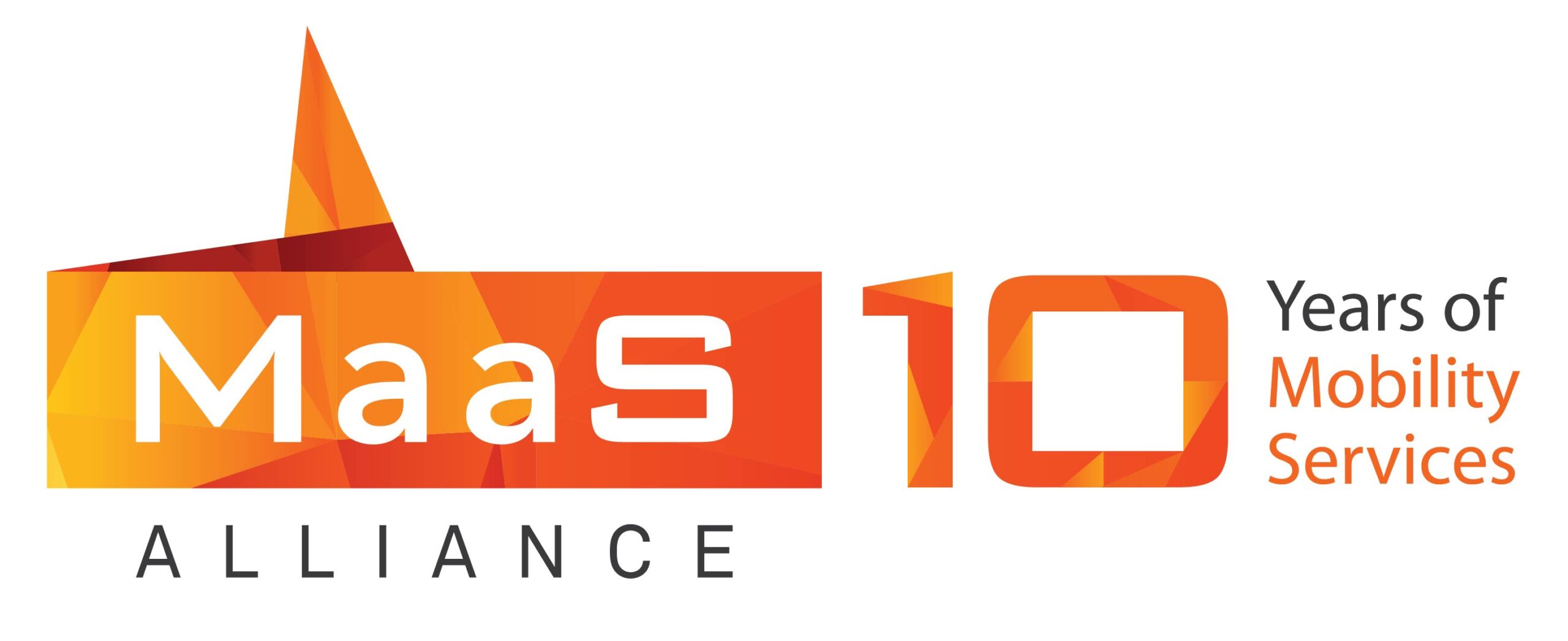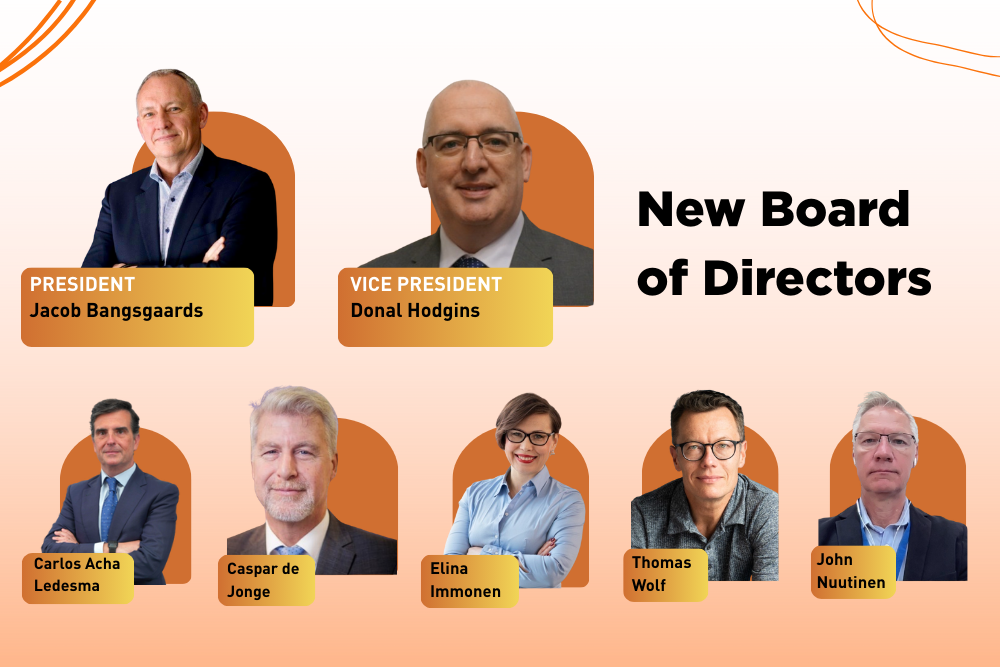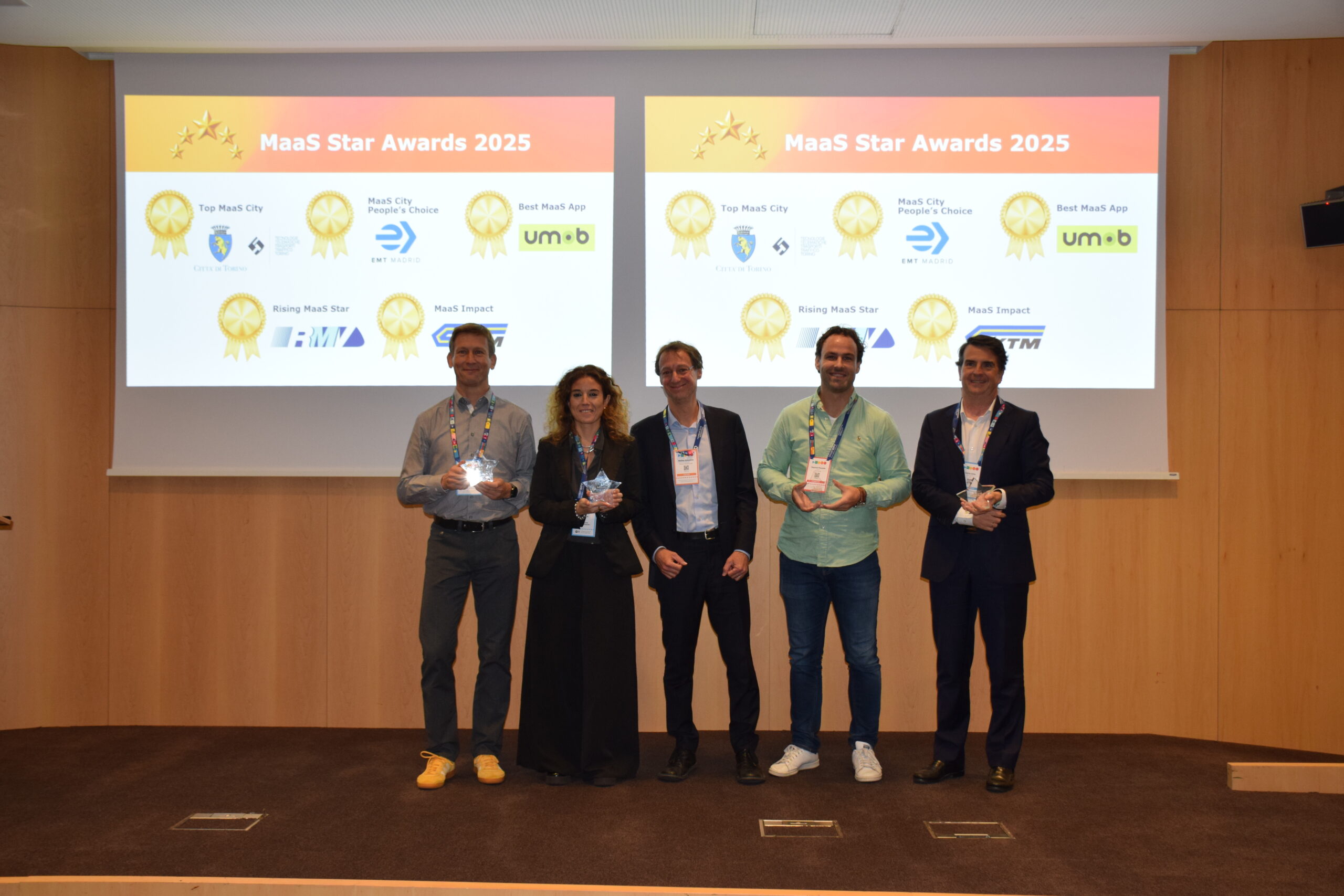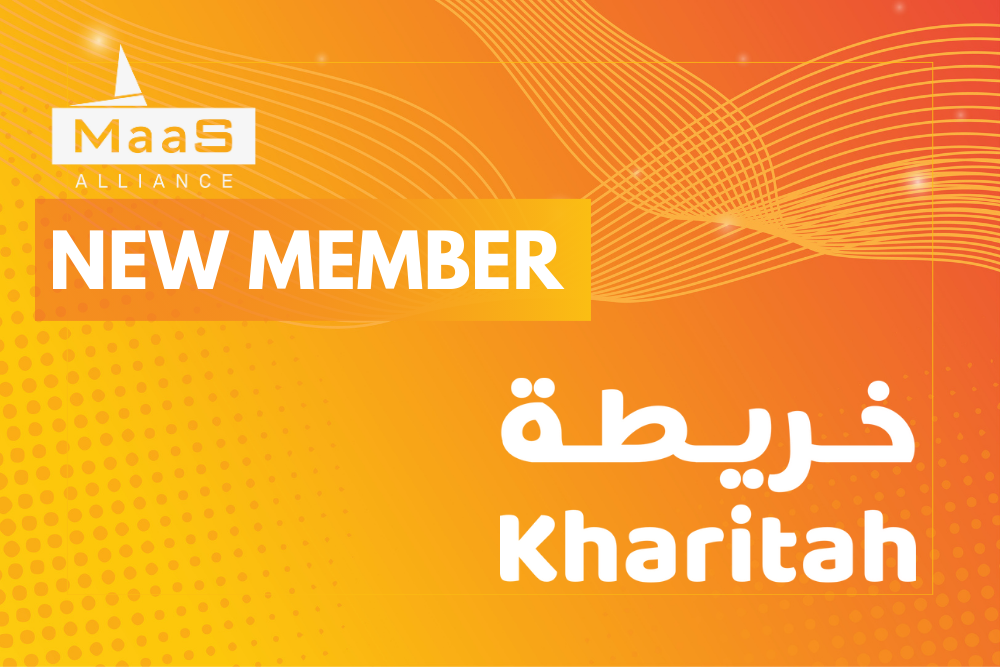The MaaS/MoD Global Forum, held on September 20 during the 30th ITS World Congress in Dubai, brought together leading voices in transportation to explore the future of mobility. With a spotlight on creating seamless, user-focused solutions, the forum delved into the critical challenges and transformative opportunities shaping global mobility systems. Key speakers included Joost Vantomme, ERTICO CEO and Vice President of MaaS Alliance, Akio Yamamoto from ITS Asia Pacific, and Laura Chace, CEO of ITS America, who addressed challenges and opportunities for global mobility systems, highlighting global efforts toward creating seamless, accessible, and integrated mobility systems through data sharing, standards development, and user-focused designs.

Joost Vantomme highlighted Europe’s upcoming regulation on multimodality, set to take effect on January 1 of the following year. He emphasized the need for scalability in MaaS systems and the momentum within Europe toward more integrated, community-driven mobility solutions. Akio Yamamoto spoke on the growing need for transportation models prioritising user demands, including the rights of people with disabilities. He underlined the importance of aligning transportation services with public needs, optimizing demand, and influencing user behaviour to enhance mobility projects. Laura Chace discussed ongoing efforts in the U.S. to integrate multimodal transportation systems, emphasizing the need to connect people, places, and modes of transport to create more seamless mobility for all travellers.
Unlocking mobility as a right through trust
In the first panel discussion at the MaaS/MoD Forum, moderated by Susan Harris, CEO of ITS Australia, the focus was on “Mobility as a Right” and making mobility seamless for all. The panellists emphasized the critical elements needed to achieve this goal.
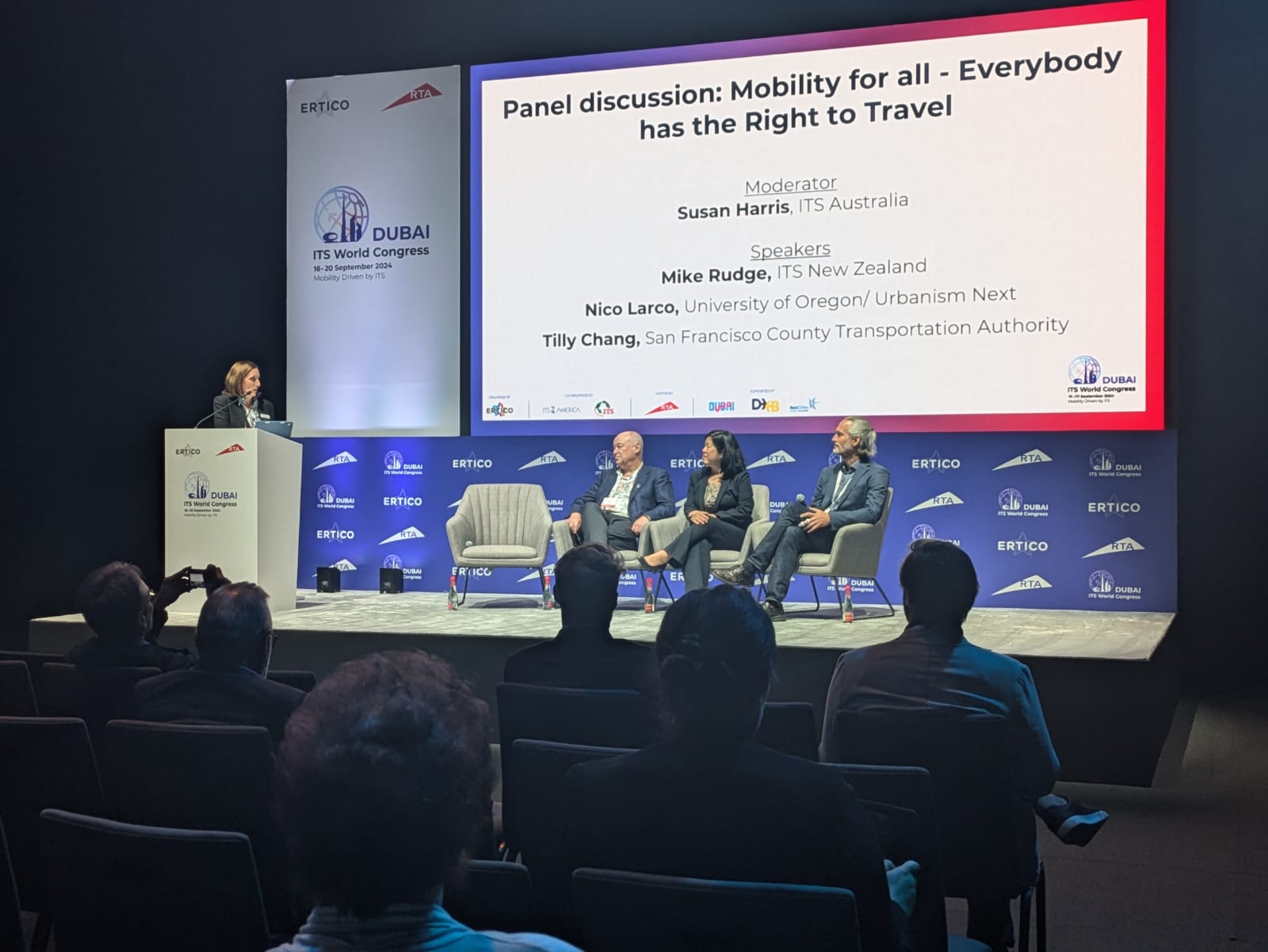
Mike Rudge, Chair and President of ITS New Zealand stressed that trust is paramount, particularly in building systems that are transparent and effective. He highlighted the importance of establishing the right measures and key performance indicators (KPIs) while ensuring that funding models remain transparent.
Nico Larco, Professor of Architecture and Urban Design at the University of Oregon/Urbanism Next echoed the need for increased access, underscoring that the ultimate objective is to ensure everyone benefits from improved mobility systems.
Tilly Chang, Executive Director of the San Francisco County Transportation Authority emphasized encouragement and the importance of trialling new ideas and collecting feedback. She noted that both technology and the regulatory framework play crucial roles in ensuring mobility systems work effectively for everyone.
Across the discussion, trust emerged as the most vital factor—requiring coordination between all stakeholders and organizations to create a seamless and inclusive mobility network.
Tailoring mobility services: balancing flexibility, reliability, and digitalization
The second panel, titled “Mobility Service Management,” was moderated by Tamara Djukic, ERTICO Head of Green & Urban Mobility, and featured an interactive discussion on how to better manage mobility services. Panellists focused on the diverse needs of customers, the challenges of integrating public and private transportation, and the critical role of digitalization in improving mobility solutions.

Geert Vanbeveren, Head of Sales and Business Development for Innovative Technologies at Siemens Mobility highlighted that individual needs must be prioritized in MaaS. While the concept of “15-minute cities” is an ambitious goal, there is no one-size-fits-all solution. He stressed the importance of providing reliable and flexible transportation, while he pointed out the growing divide between public and private transportation, emphasizing the need for a more comprehensive mobility system that integrates both.
James Fishelon, California PATH Executive Director (UC Berkeley), underscored the complexity of implementing MaaS, noting that it goes beyond technical challenges. Political and practical issues, such as the lack of interoperability between regions and infrastructure operators, hinder progress. He emphasized the importance of studying different use cases and ensuring that both customer and stakeholder priorities are met.
Kevin Orr, CEO and co-founder of Liftango focused on the role of digitalization in mobility systems, particularly in on-demand services. He argued that economics and coverage are key performance indicators (KPIs) for mobility on demand and that users must be educated on the value these services provide.
Building a collaborative future: the Mobility4Users community
MaaS Alliance’s Secretary General Roelof Hellemans closed the Forum with the presentation of the Mobility4Users Community, focusing on the need for collaboration, communication, and community to shape the future of mobility. He emphasized the urge to create an open, unified ecosystem where public authorities, operators, and users can work together to provide seamless, reliable transportation services.
A key challenge, Roelof noted, is the lack of effective communication between stakeholders. Mobility4users provides a neutral, open community for mobility stakeholders to share knowledge and collaborate on solutions.
Roelof invited participants to join this effort. The initiative offers a platform to learn, share, and innovate, driving the development of more accessible and integrated mobility solutions for all. Communication, he concluded, is essential for meaningful progress.

M-Forum 2024: Overcoming barriers to greener mobility
The M-Forum 2024 was another great edition at the ITS World Congress in Dubai where the three continents had an opportunity to meet and discuss the most topical issues related to the deployment of Mobility as a Service/ Mobility on Demand – Mobility Services tailored to all users’ needs. Once again, we heard that, regardless of the region, there are still barriers to overcome and puzzles to solve – that’s why it is so important to exchange and share both gains and pains on a global scale. Every time we meet, we do move one step closer towards better and greener mobility for the current and future generations.
